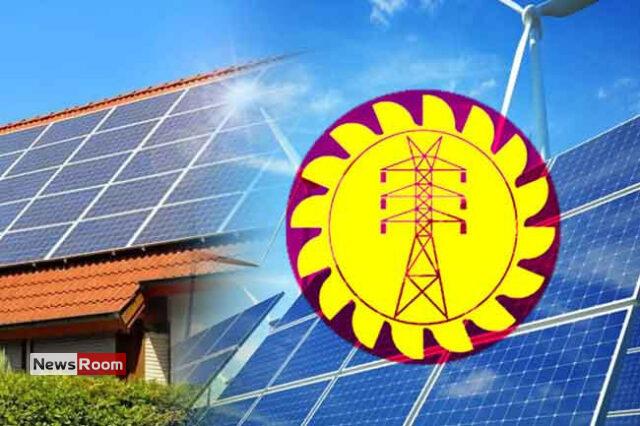The Ceylon Electricity Board (CEB) has issued an urgent appeal to all rooftop solar users across Sri Lanka, requesting the voluntary disconnection of their systems between 9:00 AM and 3:00 PM daily until 21 April. The request comes in a bid to prevent a possible collapse of the national power grid during the Sinhala and Tamil New Year holidays.
The CEB warns that the unusually low electricity demand during the festive period, combined with high solar generation from rooftop systems, is creating dangerous imbalances in the grid. With factories, offices, and many businesses closed for the holidays, national demand plummeted to just 1,550 MW on 12 April — far below average. At the same time, solar systems continued to generate high volumes of power, feeding it back into the grid and overwhelming the system.
This imbalance is particularly dangerous because it forces the shutdown of larger hydro and thermal power plants, which are crucial for providing “inertia” — the stabilising force created by spinning generators that keeps the grid’s frequency in check. Without sufficient inertia, the grid becomes increasingly fragile, and even a minor fault can cascade into a widespread blackout.
On 12 April, the CEB was forced to intervene to maintain inertia levels at 56%, narrowly avoiding a system failure. Without such interventions, inertia would have dropped to 34% — a critical threshold where the risk of a total grid collapse becomes alarmingly high.
The challenge is compounded by the fact that rooftop solar systems, which now number around 100,000 across the country, operate automatically and cannot be remotely controlled by the CEB.
Until technologies like Battery Energy Storage Systems (BESS) are widely deployed to store excess solar energy and release it during peak demand, the CEB says public cooperation is vital to maintain grid stability during this vulnerable period.
The board has urged all solar users to assist in this effort by temporarily disconnecting their systems during the requested hours to safeguard national energy security over the New Year season.








